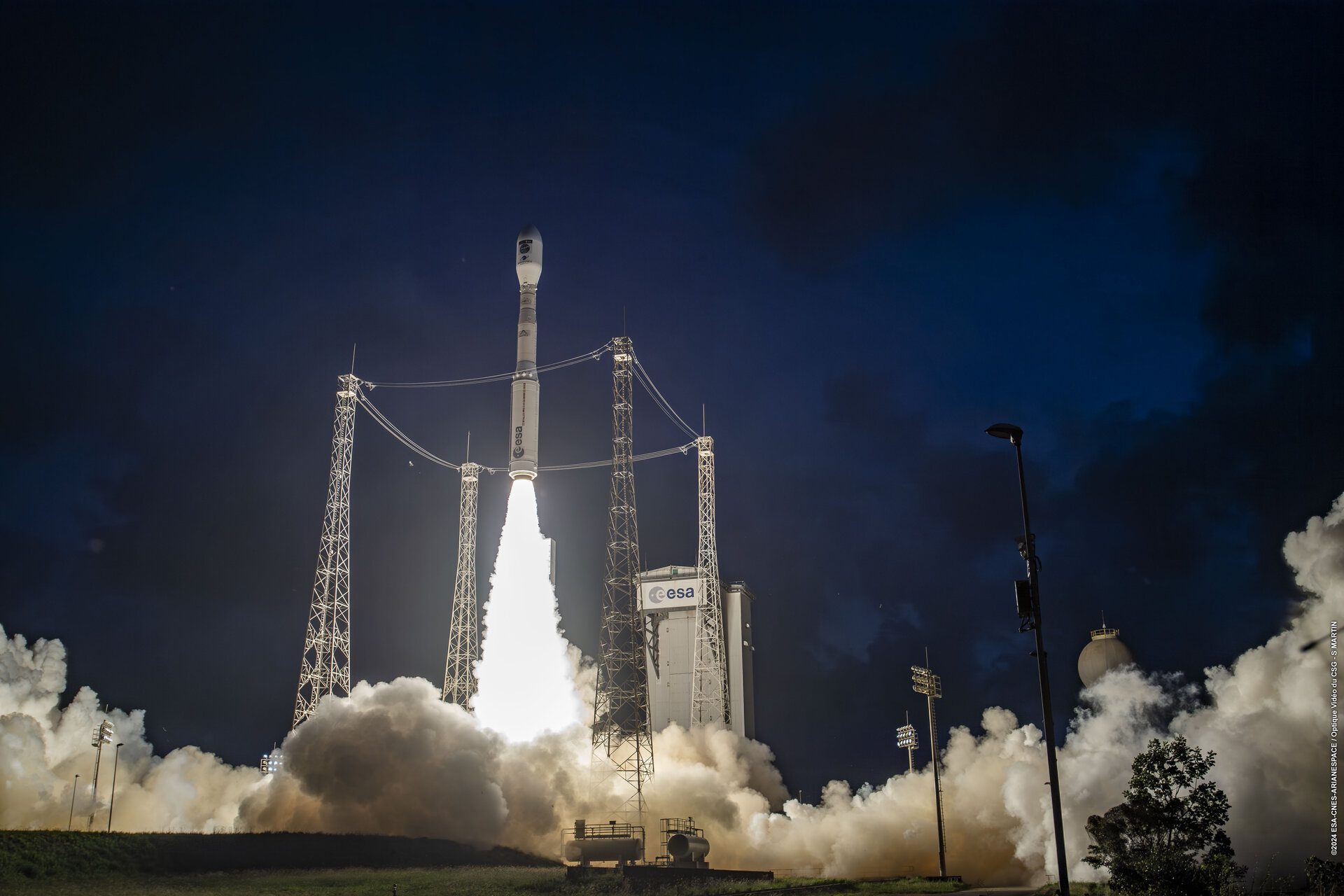In a dramatic reshuffle of UK Prime Minister David Cameron’s cabinet, the Rt Hon David Willetts MP, Minister of Universities and Science, and who had space as part of his brief, has resigned just hours before being due to make a presentation on Britain’s space programme at the Farnborough International Air Show. The highly-rated Willetts has now been replaced as Minister of Universities and Science by Greg Clark.
Building on the progress started by Lord Drayson in the previous Labour administration, David Willetts was highly regarded by the space community for his support of the resurgent UK space industry. Under his stewardship the UK Space Agency was formed and its budget contribution to ESA was dramatically increased. Willetts also took a keen interest in new space technology projects including the air breathing rocket research being conducted by Oxfordshire-based firm Reaction Engines Limited.
Willetts was also widely lauded by other scientific sectors who saw him as a supporter of science, especially in his defence of science against significant government spending cuts.
Less popular (and less credible) was David Willetts’ own defence of the coalition policy of charging higher tuition fees for degrees to University students which not only promises a life of debt for graduates, but was later shown by the Treasury’s own predictions as being likely to cause increasing amounts of this debt not being repaid, costing the UK taxpayer even more money in the long run.
While David Willetts was “resigned” rather than going voluntarily, in truth he had previously declared that he would not be running as a Parliamentary candidate in the next general election. Thus even Willetts subsequently admitted that it made sense for David Cameron to replace him at this juncture.
Comment by David Todd: David Willetts was famously nicknamed “Two Brains” due to his perceived high intelligence. On space policy at least, David Willetts proved his brainy nickname correct by fully supporting what already is a winning industry for the nation. He has provided a sure foundation for future growth.
David Willetts will be a hard act to follow for Greg Clark who replaces Willetts as Universities and Science Minister. Thankfully, Clark is no dimwit himself with an economics degree from Magdalene College, Cambridge, and a PhD from London School of Economics.
Willetts’ greatest failure was in his higher education brief. And it was probably not all of his own making. While he played “a straight bat” in continuing to unconvincingly defend the Coalition policy of raising University tuition fees, Willetts was, at least aware of the unfolding problems with it – both in the context of government finance but also on a social level.
Realising the risk of large scale debt defaults would fall on government (defaults that were usually officially allowed for lower salary graduates), Willetts suggested that the student loans should be transferred from the government and its student loan company to the educational institutions concerned. To sweeten their acceptance the Universities may be allowed to raise fees even further – raising student debt even more.
With respect to the tuition fee rise’s social effects, Willetts had previously written the book “The Pinch” warning how the younger generation was being denuded of their finances and opportunities by his own generation. And yet, as he raised student tuition fees, embarrassingly he found that he had become an agent of this same socially damaging effect himself.
Nevertheless, while posterity will probably put most of the blame for the tuition fees fiasco at Willetts’ feet, in truth he was really just trying to find ways to pay for the ill-thought-out over-expansion of higher education pursued by previous governments, rather than being actually responsible for this underlying cause himself.
The author of this piece has a small financial interest in Reaction Engines Limited.





